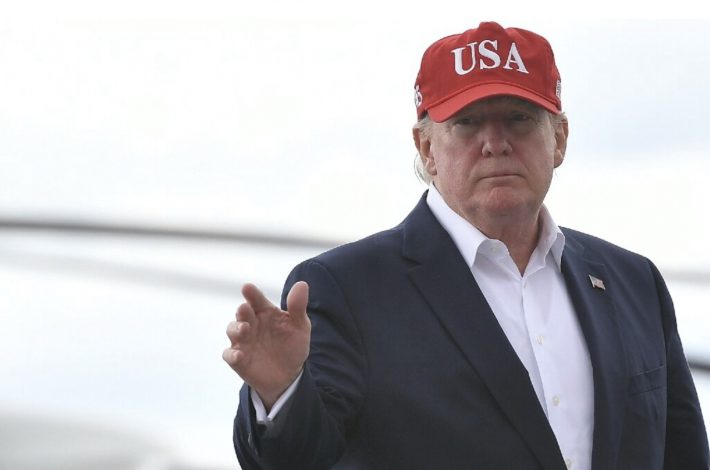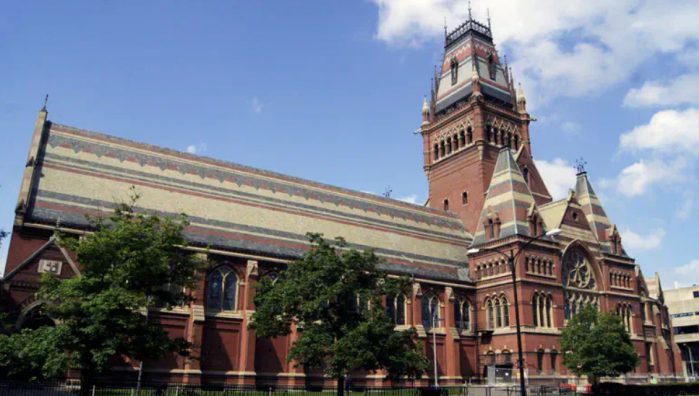Amit High School mourns the loss of former student Sgt. Yair Eliyahou, killed during an operation in the northern Gaza Strip, ‘remembered by his teachers and family for his warm heart, dedication, and commitment to others.’
As the deadline approaches, India closely watches for U.S. President Donald Trump’s decision on impending tariffs, with the 90-day grace period nearing its end on July 9. The Indian delegation, led by trade negotiator Rajesh Agarwal, has returned from Washington—a move that insiders clarify should not be interpreted as the collapse of discussions.
While the outcome remains uncertain, indications suggest India is bracing for a steep tariff hike—potentially reaching 26%. With the U.S. being India’s top trading partner and the bilateral trade heavily tilted in India’s favor, New Delhi is keen to sustain economic cooperation. Yet, officials have underscored that any final deal must be fair and reflect the country’s strategic priorities.
Commerce Minister Piyush Goyal made India’s position clear, saying:
“India enters negotiations on its own terms—not under pressure or timelines. We pursue trade agreements only when they are fully developed, equitable, and serve the national interest.”
India has firmly reiterated its position at the World Trade Organization (WTO), sending a clear message to the United States. In response to potential high tariff restrictions by Washington, New Delhi stated that it reserves the right to impose reciprocal measures. “The proposed suspension of concessions or other obligations would take the form of increased tariffs on select U.S.-origin products,” India asserted. “Without prejudice to its effective right to suspend substantially equivalent obligations, India reserves its right to take appropriate action.”
According to sources, the Indian government remains resolute—it will not yield to external pressure. Amid political scrutiny, the Modi administration is aware of domestic criticism, particularly from the Congress Party, which has questioned the Prime Minister’s handling of U.S. relations. Citing President Trump’s remarks about India’s role in recent diplomatic moves with Pakistan, Congress has suggested that if the tariff agreement is favorable, it might lend credibility to Trump’s claims.
However, BJP insiders view this moment as a chance not only to safeguard India’s trade interests but also to counter domestic opposition by demonstrating strength and strategic independence on the global stage.





